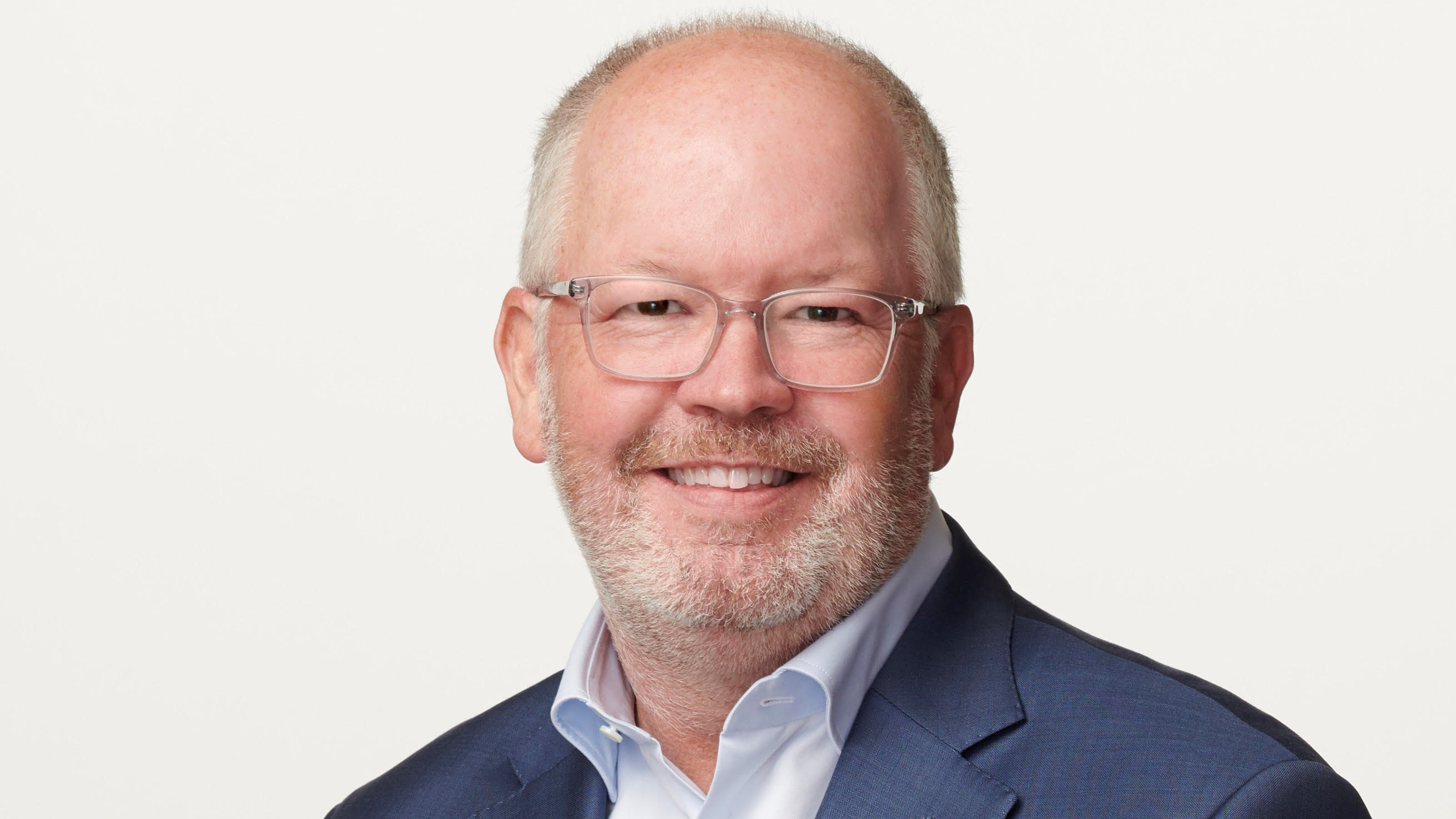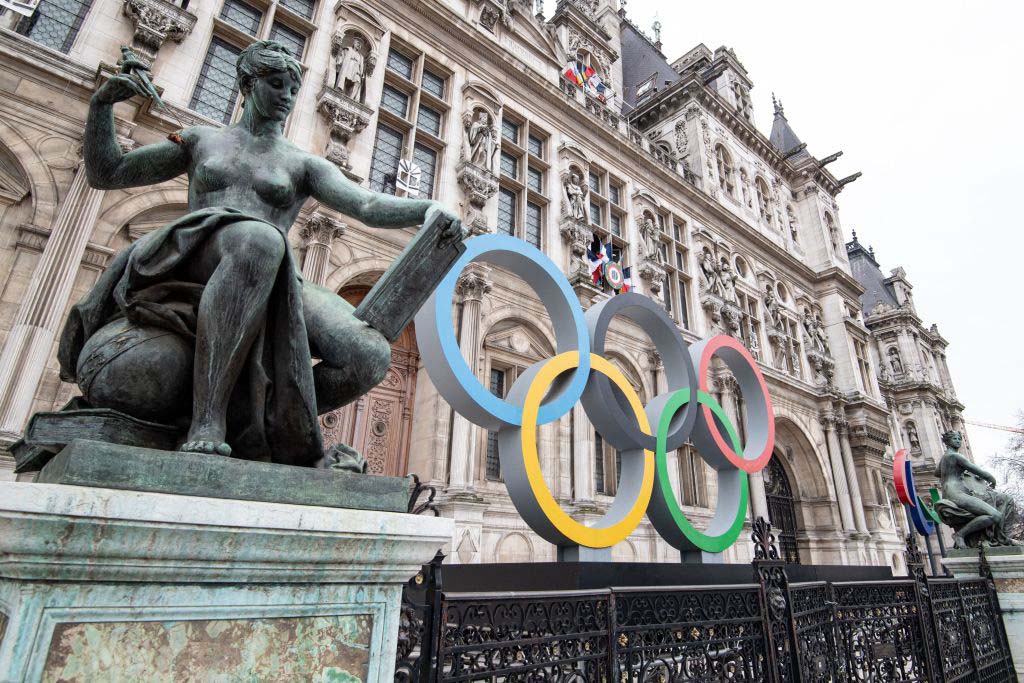NBCUniversal Sees Upfront Market Gathering Strength
Ad sales president Mark Marshall touts scale and precision

The smarter way to stay on top of broadcasting and cable industry. Sign up below
You are now subscribed
Your newsletter sign-up was successful
NBCUniversal, which kicks off upfront week on Monday at Radio City Music Hall, is expecting the market to be stronger than it seemed just a few months ago.
“We feel much more positive about the marketplace than we did, say, 60 days ago,” Mark Marshall, president at NBCU Advertising and Partnerships, told B+C.
Marshall said recession talk seems to be fading and clients are in different stages of recovery. The movie business appears to be back to prepandemic levels; automakers have 60 launches planned, with half of those being electric vehicles; and pharmaceutical companies will be launching more than 30 products.
“There’s a concentrated demand we just haven’t seen over the past couple of years,” he said.
The TV business has changed and the upfront presentations are different. Instead of focusing on the network primetime schedule, NBCU’s upfront shows the past few year have featured broadcast, cable, social media and Peacock, the company’s streaming platform.
Given a sprawling portfolio of assets, NBCU has been working to make it easier for clients to buy what NBCU has to sell.
Smoother to Deal With
“Whether they want to buy television, whether they want to buy digital, whether they want to buy partnerships, it all goes through one person and that hopefully makes us smoother to deal with,” Marshall said.
The smarter way to stay on top of broadcasting and cable industry. Sign up below
“If you’re talking to agencies and clients, what we're trying to focus on is this idea, that we’ve reorganized to give our clients fewer touch points to deal with,” Marshall said. “We’re focused on these big partnerships and evolving beyond just 30-second spots and hopefully, that results in the best impact and sales results for our clients.”
Marshall said when NBCU talks to the marketplace, it focuses on two unique things it can deliver, which are scale and precision.
In terms of scale, linear television is still watched by three out of four Americans every week. But the notion of looking at a separation between NBCU’s linear viewers and its digital viewers is archaic, he said.
“We reach 227 million people every single month and with NBC Unified, we actually can target those 227 million people because we now have 200 million unique IDs that allows advertisers to get one to one marketing as well as scale overall,” Marshall said.
In addition to reaching the right viewers, NBCU has been focused on reaching those viewers at the right time for marketers.
“We’re seeing more and more advertisers really focus on delivery within their key sale period,” Marshall said. “It doesn't do an advertiser any good to get impressions six months later as a makegood.”
Marshall said NBCU did a study and found that it is currently delivering 98.9% of its advertising within the client’s sales flight. “Marketers want us to continue to get better at forecasting and delivering.
Discussions with the big agency buyers have also changed TV from the old mass-media broadcast model. “It’s not as much about the math,” Marshall said. “It’s really going client by client because certain clients are focused on data, other clients are focused on digital. Others want sponsorships. So the idea of just buying one mass chunk of inventory, I think those days are gone.”
Flexibility a Key Virtue
In these uncertain economic times, clients are interested in flexibility, a notion that dominated the upfront during the early days of the pandemic, when forecasting marketing plans was nearly impossible.
NBCU’s scale makes it possible for it to offer its advertisers the ability to shift media as their marketing priorities change, Marshall said.
“If you want to move from global to local, local to national, English to Spanish or sports to entertainment, you have the ability to move those dollars around,” he said. “That’s a lot of the conversations that have made marketers feel more comfortable putting down dollars with us in this upfront timeframe.”
For NBCU, as with other TV marketers, sports will be a hot ticket. In this upfront NBCU will be selling the 2024 Paris Summer Olympics.
“I've been here 10 years [and] I think this is the most excitement I've heard for an Olympic in the past 10 years,” he said alluding to plans for Opening Ceremonies on the Seine and beach volleyball beneath the Eiffel Tower.

“There's going to be a renewed interest for the general sports fan back into the Olympics,” he said. “I think this will be a great opportunity for new marketers and advertisers, and we've already had a lot of interest already. So in the upfront, the Olympics are absolutely a part of the agency negotiation.”
NBC also has the NFL with Sunday Night Football and will be adding Big Ten football on Saturday nights. More advertisers have been looking to take advantage of the large, engaged audiences sports generate.
“Now, you have a lot more of the retailers that have never been in there,“ Marshall said. “You see more pharma, in addition to the more traditional advertisers in sports. It's that immediate reach and immediate impact. “
Marshall said advertisers are also looking to be a part of Peacock, NBCU’s streaming service.
“We have scale but we talk about it, very differently than we talk about other pieces of our portfolio and other streamers that are out there because it is unique,” he said. “It has live sports, It has originals. It has news. It has binge-able content as well. It really does serve a bunch of different audiences which is why it has grown so fast.”
Between NBC primetime and Peacock, advertisers can reach 159 million people with only 10% duplication, he said.
Compared to other digital platforms, Marshall added, Peacock viewers see the ads that run there. Completion rates for digital are usually in the 30% range. On Peacock long-form content ad completion rates are in the high 90s.
“So people are seeing ads and they’re creating impact,” he said, confirming that NBCU charges a premium for ads on Peacock. “It’s a premium product and we think based on the content that we have it deserves a premium CPM versus other platforms that are out there.”
Cable vs. Social
Even as cord-cutting erodes pay TV subscribers, Marshall said he’s seeing demand for cable networks.
“We’re seeing a lot of advertisers move money out of social back into cable because their brand metrics such as likability awareness and intent were all struggling,” he said. “Cable does really well in those metrics and we've actually seen dollars flowing from social into cable on that side.”
Some networks do better than others. He pointed to USA Network, which has WWE and sports, and Bravo, which has its passionate Bravoholics.
Marshall notes that there is a lot of NBCU content on social media, but says marketers can only advertise in that content through NBCU.
“If you want to buy Jimmy Fallon or SNL or Below Deck, whether it’s running on the network, whether it's running on Peacock, whether it's running in social channels or on short form on YouTube, the only place you can buy those is through us,” he said. “So while our logos end up in a lot of presentations, it doesn't mean those distribution partners can actually sell that content. I think that's a distinction that we try to make at this time of the year. This great fandom that has to be bought through us.”
There has been a lot of talk about measurement and currency and NBCU has been among the loudest voices.
Last year, NBCU said, it transacted over 40% of its buys on currencies other than the traditional narrow age and gender metrics.
“I think you will see that number grow substantially as we go into this year,” he said.
The last few upfronts have been strong, with prices rising on a CPM basis. With signs of a weak market, some buyers are hoping to reign in media costs.
“We're spending $24 billion on content every year and we're trying to make sure it's finding the right audience,” Marshall said. “The marketplace will determine whether it's a buyer’s or seller’s market. Based on some key categories, I think it's going to be a stronger market than people thought it was going to be a few months ago.”
Jon has been business editor of Broadcasting+Cable since 2010. He focuses on revenue-generating activities, including advertising and distribution, as well as executive intrigue and merger and acquisition activity. Just about any story is fair game, if a dollar sign can make its way into the article. Before B+C, Jon covered the industry for TVWeek, Cable World, Electronic Media, Advertising Age and The New York Post. A native New Yorker, Jon is hiding in plain sight in the suburbs of Chicago.

